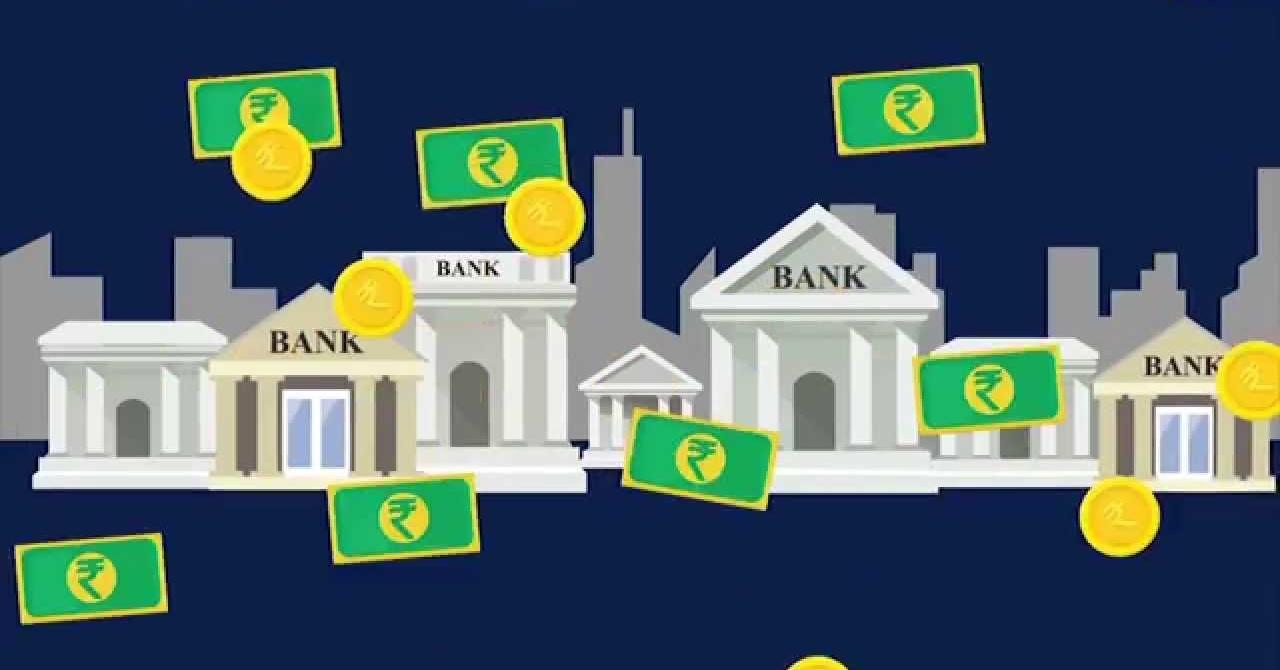Are you curious to know what is nach return charges? You have come to the right place as I am going to tell you everything about nach return charges in a very simple explanation. Without further discussion let’s begin to know what is nach return charges?
National Automated Clearing House (NACH) is a widely used electronic payment system that facilitates seamless transactions across banks. However, instances of NACH return charges may arise due to various reasons. This article aims to provide an in-depth understanding of what NACH return charges are, the associated fees with specific banks, and strategies to prevent them.
What Is NACH Return Charges?
NACH return charges refer to the fees imposed when a National Automated Clearing House transaction encounters an unsuccessful or rejected status. This could happen for reasons such as insufficient funds, incorrect account details, or other issues preventing the successful completion of the electronic transaction.
NACH Return Charges With Federal Bank:
Federal Bank, being a participant in the NACH system, may impose specific charges for returned transactions. Understanding the details of NACH return charges with Federal Bank is crucial for individuals and businesses using their services.
What Is NACH Return Charges Sbi?
The State Bank of India (SBI), being one of the largest banks in the country, also participates in the NACH system. SBI may have its own set of charges for returned transactions. It is important for SBI customers to be aware of these charges to manage their finances effectively.
What Is NACH Return Charges Hdfc?
HDFC, another prominent player in the banking sector, may have its own set of charges associated with NACH return cases. Knowing the specifics of NACH return charges with HDFC is essential for account holders to plan their financial transactions accordingly.
What Is NACH Return Charges Ecs?
Electronic Clearing Service (ECS) is a component of NACH, and return charges may apply to ECS transactions as well. Understanding the NACH return charges in the context of ECS is important for individuals and businesses utilizing this electronic payment method.
How To Stop NACH Rtn Charges?
Preventing NACH return charges involves proactive measures to ensure successful transactions. Strategies to stop NACH RTN charges include:
- Maintaining Sufficient Funds: Ensure that the account has enough funds to cover the transaction amount.
- Double-Checking Details: Verify and provide accurate account information, including the account number and IFSC code.
- Regular Account Monitoring: Regularly monitor the account for any discrepancies or issues that may lead to return charges.
- Communication with Bank: In case of any anticipated issues, communicate with the bank to explore solutions and prevent return charges.
NACH Return Charges, Yes Bank:
Yes Bank, as a participant in the NACH system, may have specific charges associated with returned transactions. Customers of Yes Bank should familiarize themselves with the details of NACH return charges to manage their financial transactions effectively.
NACH Return Charges Hdfc Bank:
HDFC Bank, being a leading private sector bank, may impose specific charges for NACH return cases. HDFC Bank account holders should be aware of these charges to avoid any surprises and manage their finances efficiently.
What Is NACH Return Charges?
In summary, NACH return charges are fees levied when electronic transactions through the National Automated Clearing House encounter issues leading to non-completion. Understanding the specifics of NACH return charges with different banks is crucial for individuals and businesses to navigate the electronic payment landscape effectively.
Conclusion:
Navigating the world of electronic payments involves being aware of potential charges, such as NACH return charges. By understanding the reasons behind return charges, knowing the specifics with different banks, and adopting preventive measures, individuals and businesses can ensure smoother and more successful electronic transactions.
FAQ
Why Is NACH Deducting Money From My Account?
2. NACH Debit. NACH Debit enables a corporation to collect insurance premiums, investments in mutual funds, EMI payments, tax/cess, water/electricity/telephone bills. A user institution receives these repetitive or periodic payments from a large pool of consumers.
How Do You Stop NACH?
Yes, you can stop NACH service at any point of time by submitting the online request form for NACH Cancellation/Hold available on our website, in the post login section.
What Does NACH Means In Banks?
What is NACH? NACH (National Automated Clearing House) is a funds clearing platform set up by NPCI (National Payments Corporation of India) similar to the existing ECS of RBI.
How Do I Check My NACH Status?
On Net Banking:
- Login to Net Banking.
- Go to Service Request.
- Select Account Related -> NACH Cancelation (active NACH will be shown)
I Have Covered All The Following Queries And Topics In The Above Article
NACH Return Charges Federal Bank
What Is NACH Return Charges Sbi
What Is NACH Return Charges Hdfc
What Is NACH Return Charges Ecs
How To Stop NACH Rtn Charges
NACH Return Charges, Yes Bank
NACH Return Charges Hdfc Bank
What Is NACH Return Charges
